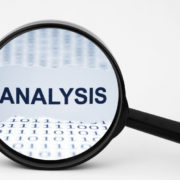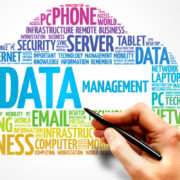Essential steps for a better project risk management
When one starts the planning process for a project, one of the main things (or the main one) of your planning makeup is risk itself. In other words – what could possibly and eventually go wrong? To many of you it may sound as а negative mindset but it is in fact a preventative one. Issues are an integral part of every process, but if you have a strategy in mind to tackle them, risk will be minimized and managed. Read more










